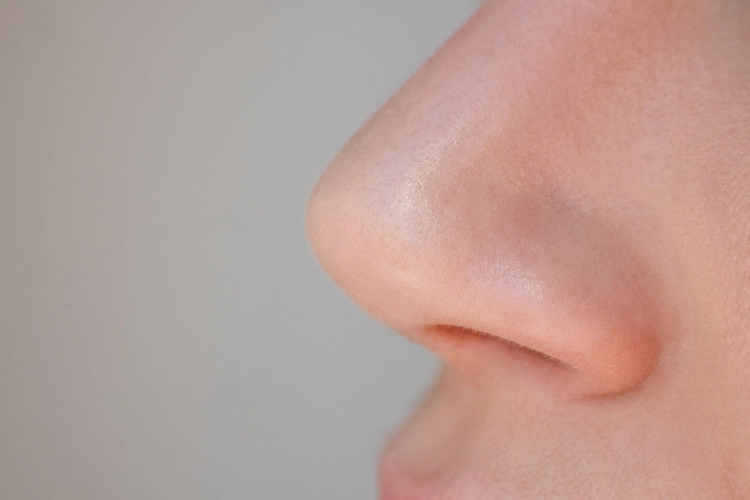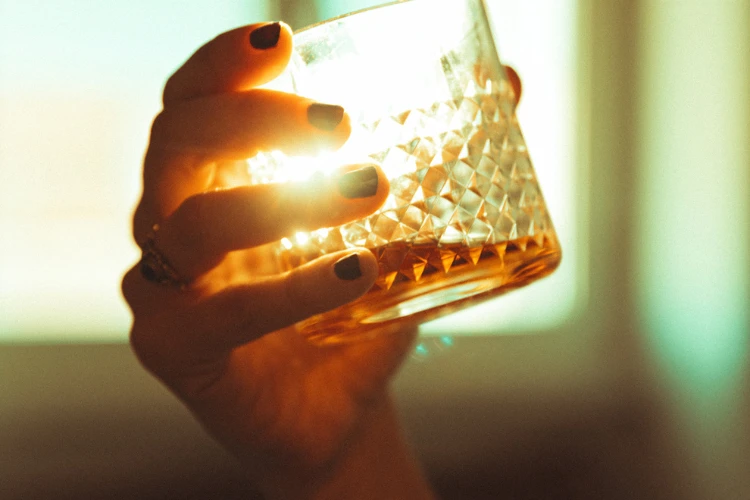Dependency is a disease, an insidious illness that unfortunately destroys the lives of many of its sufferers.
A drug or alcohol addiction can wreak untold havoc on a person’s physical health, causing acute medical emergencies such as heart failure and strokes, as well as drastically increasing the risk of chronic conditions like cancer and liver disease.
And the damage is rarely restricted to the physical alone. Problems with mental health and depression often go hand in hand with substance dependency- one generally leads to the other. If you are lucky enough to avoid the debilitating physical consequences of addiction, you may still find yourself isolated.
It is far from uncommon for the changes in behaviour and habit associated with substance dependency to cause estrangement between close friends, romantic partners, and even family.
What should I do if I have Developed an Addiction?
If you are suffering from an alcohol or drug addiction, it can be difficult to know what to do. It is an incredibly hard thing to overcome alone.
Without proper support the problem tends to just get worse, as failed attempts to cut out alcohol and drugs suddenly and completely almost always backfire- leading addicts to consume in greater and greater quantities when the compulsion to use becomes too strong to resist.
This is why it is so important you receive the proper help when it comes time to address your problem.
The best way to combat a substance addiction is to undergo rehabilitation at a specialised treatment clinic. In the safe, enclosed, regulated environment of a residential rehab centre you have a much better chance of kicking your addiction for good, and the risks involved are significantly reduced.
Access to addictive and dangerous substances are restricted and tightly controlled, so falling off the wagon will be nearly impossible. And, if you are addicted to a particularly harmful substance such as heroin and other opioids, replacement drugs like methadone can be provided to ease the weaning process.
This is a treatment option that simply cannot be easily pursued outside of drug and alcohol rehab clinics.
While rehabilitation is undoubtedly the best way to address and overcome a problem with addiction, all alcohol and drug rehab centres are different. There is no one definitive route out of dependency, and so the treatment programmes offered by clinics can vary.
Detoxification clinics are offered by practically all private drug and alcohol rehab facilities- these clinics provide a safe, controlled environment for patients to get the toxic substances out of their system.
The withdrawal period tends to be the most uncomfortable and dangerous part of an addict’s journey back to sobriety, with physical and psychological symptoms like hallucinations, seizures and pain representing constant and very real threats.
Detox clinics, which provide constant and ready access to teams of dedicated and highly trained medical professionals and carers, make this difficult process as safe and easy as it is possible to be.
But addiction is just as much a problem of the mind as it is of the body, and the programmes of therapies that follow detoxification can vary greatly. Some therapies may work well for you, whereas others may not help at all.
At Addiction Advocates we specialise in providing high quality rehabilitation to those who need it most.
We work with a multitude of leading rehab clinics across the country, and our teams of advisors can refer you to a facility that offers the right drug and alcohol treatments for your own individual needs.
What kinds of Treatment do Rehab Clinics offer?
Once you have gone through the detox clinic and the drugs and alcohol are out of your system, it is critical that the psychological roots of your addiction are addressed, and that healthy coping mechanisms are fostered to prevent you from falling back into the habit of substance abuse.
As mentioned earlier, substance addiction is almost always linked to poor mental health, and conditions such as depression and anxiety often co-occur with substance abuse.
In many cases, people turn to destructive substances like alcohol and drugs as a coping mechanism to deal with overwhelming stresses in their lives.
Anyone can fall into this trap, regardless of their circumstances, and it is important for your recovery that you understand how to address these root causes in a healthy, disciplined way.
One of the most common treatment therapies is CBT, which stands for cognitive behavioural therapy. CBT is a talking therapy that is mainly used in the treatment of mental health conditions like anxiety and depression, but studies have shown that it is also very effective when applied to the treatment of dependency.
CBT encourages patients to approach stressful situations in a logical manner, thinking of them not as singular overwhelming problems but instead as a series of much smaller, more easily managed issues.
When problems are addressed in this way, the risk of resorting to substance abuse as a coping strategy is greatly reduced. Counselling is another useful tool. By talking to a counsellor, or working through your problems alongside other patients, you will be able to develop greater levels of self-understanding.
Once you understand what it is that triggers your drinking or drug use, you can make steps to addressing and resolving the bigger, over-arching problems in your life, cutting out your dependency issues at the source.
Talking treatments like these can seem intimidating at first, especially if you have no prior experience with therapy, and that is completely understandable. This is why many clinics also offer alternative holistic treatments such as art therapy and mindfulness courses.
Less intensive programmes such as these can be incredibly useful in helping you reach a point whereby you feel comfortable exploring your problem verbally, and can serve as helpful methods of self-expression and stress management in their own right.
Take the First Step
There is nothing to be gained by waiting and hoping your addiction gets better on its own.
If you want to live a healthy life, free of substance dependency, you need to take positive steps as soon as you can.
Get in touch with Addiction Advocates today, and we can help you take those steps.
Latest News

Everything You Need to Know About the Brain-PACER Study
Addiction is a very complex condition that is difficult to treat. It has psychological and habitual elements, but also involves

How to Overcome FOMO in Recovery
Deciding to start your journey of recovery is something you should be incredibly proud of. It’s a life-changing decision, and

What Does Cocaine Do to Your Nose?
Cocaine is a powerful stimulant drug that is recreationally used for its euphoric effects. However, while it might offer immediate

Are Nightcaps Healthy?
You’ve probably heard of the term ‘nightcap’. In drinking terms, it’s up there with ‘one for the road’ and ‘hair